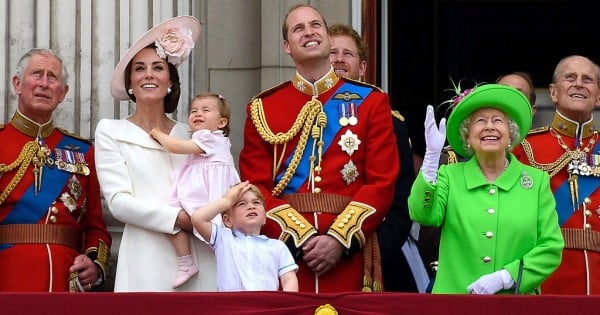
He was famously told off by The Queen for doing it but parenting experts say Prince William’s technique for interacting with his young son George is something we should all adopt when we speak to our kids.
It’s all about getting down to their level and looking in their eyes when we talk, and apparently it can get kids to listen (yep, really), form deeper connections and boost self-esteem.
Watch confessions: First thoughts on seeing your baby. (Post continues after video).
We’ve seen Prince William do it a hundred times. At polo matches, official engagements and even at his daughter Charlotte’s Christening. For the eager paps it makes for a touching photo that will no doubt be splashed around the globe but for William and George, in the centre of all of the madness, it’s a moment of connection and a chance for William as a father to really hear what his son has to say. Perhaps this is why we rarely see the meltdowns typical of a child George’s age?


Top Comments
Beautiful father, Diana would be proud xxx
I learnt this from a sleep specialist when my toddler was having sleep and behavioural issues. It made such a huge difference to us! It could stop a tantrum straight away.